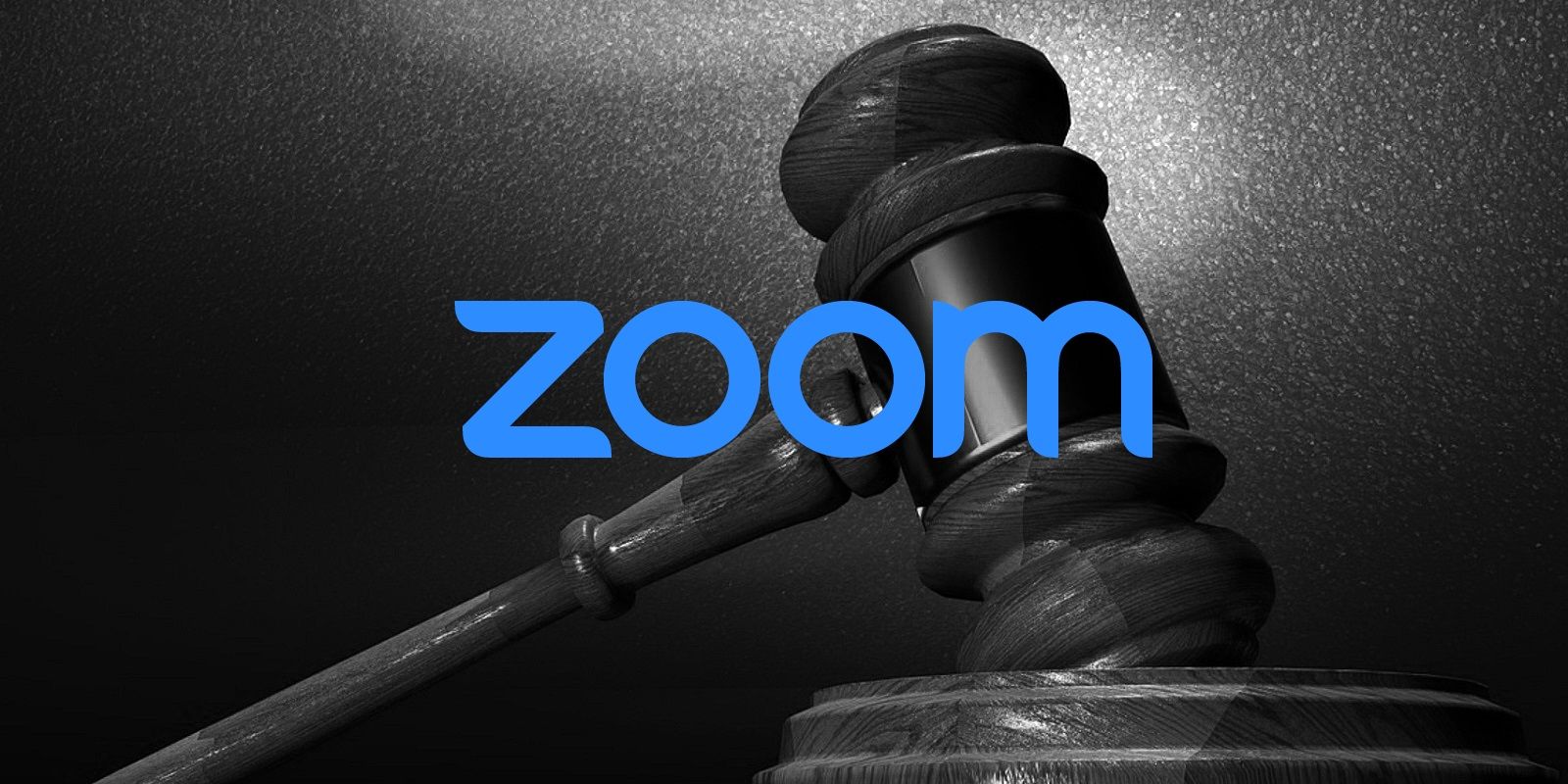
Zoom is now the subject of a class-action lawsuit following information that indicated the service was passing more data to Facebook than it was actively disclosing to users.
Many social media and communication services have seen a spike in interest and demand in recent weeks. Evidently, this has been the result of more people being forced to remain home, and in need of additional apps and services to maintain personal and work-related interactions. Zoom has been one of the major beneficiaries of this surge in activity, although some users appear to now be unhappy with some of the data-sharing practices that were in effect.
According to a lawsuit registered in California on Monday, Zoom is being accused of failing to adequately protect the security and privacy of its users. The suit picks up on the point that this is even more of a problem due to how users have flocked to the app as a tool to help during the COVID-19 pandemic. The actual issue that the lawsuit is primarily based on arose from a recent report by Vice, detailing an iOS data sharing concern.

In the previous reporting, it came to light that the iOS Zoom app was sharing data with Facebook. While that on its own is not unusual, the report explained this user data was being shared irrespective of whether the user actually had a Facebook account. Details said to have been shared with Facebook included, when the app was opened, the model of the device, the time and city of the app opening, among other things. While that's all bad enough, the real legal issue Zoom now faces is none of that information was understood to have been disclosed to the users. This is particularly relevant in California, due to the new data protection law that’s now in effect.
In terms of the Facebook issue, Zoom was quick to respond to the reports by updating the iOS app so that users without Facebook accounts don’t have their data relayed to Facebook. While the speed of the response from Zoom was admirable, in effect, it was an admission of guilt and that’s something specifically highlighted in the suit's paperwork. Furthermore, irrespective of the sharing element, the suit is specifically focused on the lack of informed consent, explaining that if consumers had been adequately aware of what information (and data) Zoom was sharing with Facebook, they might have opted to use a different communications service and app to begin with. This is something that’s likely to matter greatly to consumers, and especially as the coronavirus pandemic has resulted in many businesses now having to relay sensitive data over and during a Zoom meeting.
Source: Vice
from ScreenRant - Feed https://ift.tt/2WXIZvv

0 comments:
Post a Comment